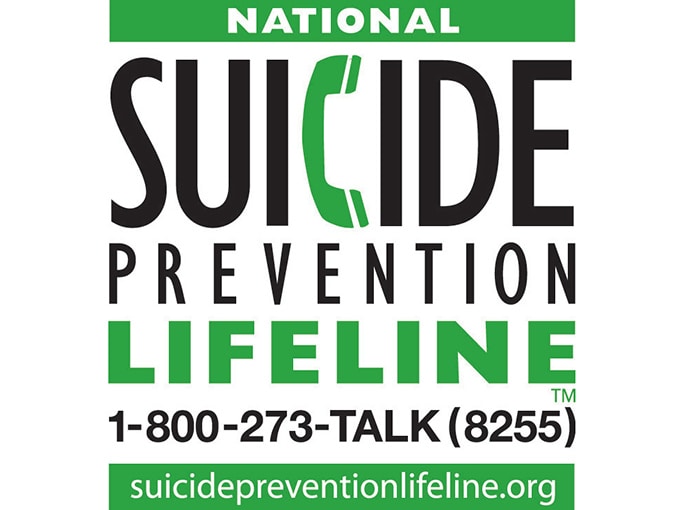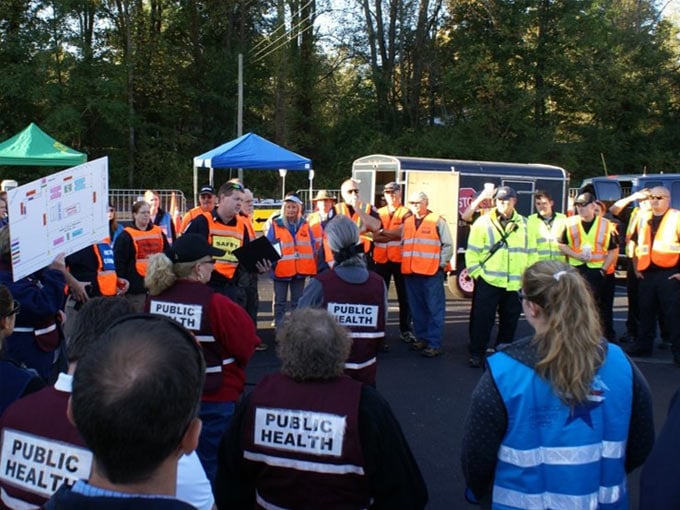Watch and Earn Free CE Credits! Stay tuned for our new Podcast series in 2020
Presented on .
Dr. John Iskander recaps our excellent 2019 Grand Rounds season and announces our new “Beyond the Data” podcast debuting in January 2020. Watch any of these sessions to earn free CE credit.

Each year more than 4,000 U.S. women die from cervical cancer, the 4th most common cancer in women worldwide. Over 90% of cases of cervical cancer are associated with human papillomavirus (HPV) and the risk of cancer varies among the different HPV strains. Fortunately, cervical cancer can be prevented through HPV vaccination and screening, which include Papanicolaou (Pap) and HPV DNA tests. These tests detect abnormal cells before they become cancerous (pre-cancers).

Over the past 40 years, exposure to lead has declined in the United States. However, millions are still being exposed in their homes and environment. Lead exposure can seriously harm a child’s health and there is no known safe blood lead level in children. Yet more than 500,000 children in the United States have elevated blood lead levels.

Originally presented on Tuesday, March 19, 2019
Suicide is a leading cause of death in the US and suicide rates have increased more than 30 percent since 2000. Among American Indian and Alaska Native (AI and AN) communities, suicide rates are even higher than among the general population, and they are highest among youth and young adults, ages 15–34. Focusing on subgroups at risk, including youth among AI and AN communities, and implementing evidence-based prevention strategies is a key approach to reducing suicidal behaviors and may help reduce this health inequity.
Listen to our latest podcast on suicide prevention from someone who has lived experience and watch our encore presentation on Preventing Suicidal Behavior in American Indian and Alaska Native Communities.

From the Zika outbreak to natural disasters to the recent wildfires, the US has faced a series of complex public health emergencies. Each of these public health crises revealed a critical need for US public health and health care systems at the national, state, and more specifically the local levels to prepare for and rapidly respond to the unique needs of families.

Reports of Legionnaires’ disease (LD) cases and outbreaks are increasing in the United States. LD is a serious lung infection caused by breathing in small water droplets containing Legionella bacteria. Outbreaks are commonly associated with buildings or structures that have complex water systems, such as hotels and resorts, long-term care facilities, hospitals, and cruise ships.

One thousand days refers to the period from pregnancy through a child’s second birthday, when optimal nutrition is critical for brain development, healthy growth, and setting children on a trajectory for lifelong health. Unfortunately, only a third of women gain the appropriate amount of weight during pregnancy and about 16% of pregnant women have iron deficiency. Almost 1 in 5 babies are never breastfed. Among 1 year olds, fewer than half have eaten a vegetable, and 1 in 3 consume a sugary drink on a given day.

Pregnant women should routinely receive the Tdap (pertussis) vaccine and the influenza (flu) vaccine, as recommended by the Centers for Disease Control and Prevention (CDC). These vaccines have been shown to provide significant benefits to mother and baby.

Approximately 6.5 million people in the United States have an intellectual disability (ID). It is the most common developmental disability. Yet, people with intellectual disabilities report difficulty finding appropriately trained and willing healthcare providers.

The November session of Grand Rounds, “PFAS and Protecting Your Health,” was viewed in 3 foreign countries and 41 states, the District of Columbia, and the US Virgin Islands
Human exposure to PFAS (per- and polyfluoroalkyl substances) is a growing public health concern. PFAS are a large group of human-made chemicals that have been used in industry and consumer products worldwide since the 1950s. These chemicals are in food packaging and many other household products, and have been found in the air, soil, and water.
Get notified about the latest updates from Public Health Grand Rounds right in your inbox by setting up an alert today!
Get notified about the latest updates from Public Health Grand Rounds right in your inbox by setting up an alert today!Sign Up
Get notified about the latest updates from Public Health Grand Rounds right in your inbox by setting up an alert today!